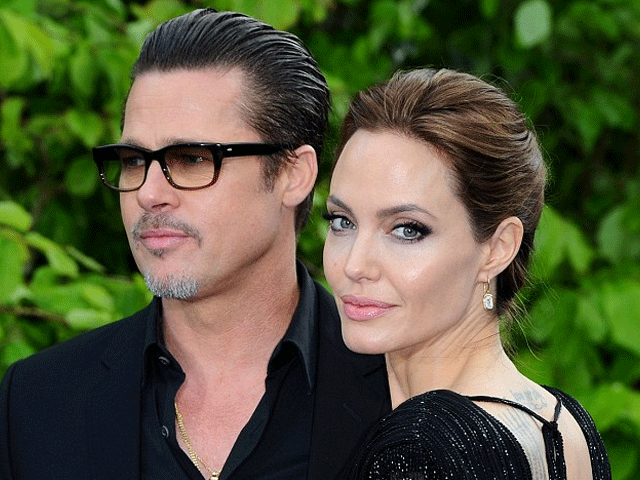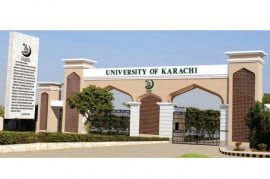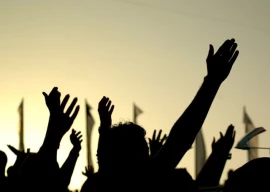On Saturday when Bilquis bid farewell to her husband of 50 years, she was hurting. And then a woman walked into the small room where she was surrounded by other female mourners and she was faced with the incredible legacy of her husband.
Abdul Sattar Edhi passes away in Karachi
This Hindu woman, Sony, came to Edhi Foundation 35 years ago and spent nearly 10 years at their shelter. “She left us around 25 years ago once she had settled in her own life,” recalled Bilquis, after taking a few minutes to recognise Sony. Edhi’s daughter, Almas, recalls how Sony worked as a nurse with Edhi Foundation for five years.
Meanwhile, Sony cries hysterically as she grieves the death of a man she considered to be like her father. “I saw Edhi sahib was dead on television and then decided to leave home immediately to reach Edhi Centre,” said Sony, who came all the way from Gharo. This small reminder of the thousands of lives her husband saved makes it harder for Bilquis to control her emotions and she wails.
Edhi Centre in Mithadar is packed with women on Saturday morning before the humanitarian is taken away for his funeral prayers at National Stadium. Bilquis was catching a short nap at around 11:30am as Almas stood outside her room. Her other sister, Kubra, mourned in the next room, refusing to speak to anyone.
“There is no replacement for a parent. There can never be,” said Almas. “He was a very good father to us too. There are just memories now, memories that will never fade away.”
But the onslaught of so many mourners was taking a toll on the Edhi women. “There are all coming to meet Mommy but they appear to be more real relatives than us four,” she said, referring to the four Edhi siblings.
Abdul Sattar Edhi – our own Abou Ben Adhem
Bilquis finally gives in to the crowd and starts meeting the visitors, wailing ‘Aye Maa [Oh, mother]’. She speaks in Kutchi Memon language to most women but it is clear that all women are sharing the many ways Edhi touched their lives. “He was my saviour on many fronts,” Bilquis tells one woman. “I can’t believe he is dead. He isn’t. I feel he is sitting downstairs somewhere.”
Zeenat, an Edhi Foundation social worker, tries to gives her hope. “Have faith in your Lord,” she says. “Look he earned his paradise on earth by his actions and his deeds,” said another.

Two young women, Humaira Faiz Muhammad and Sarah, enter the room and Bilquis makes the effort of introducing them to those present in the room. “They looked after him when he was completely unwell during his final days,” she says.
Some of the mourners are reciting the Holy Quran while the rest are reciting the first Kalma. The men on the floor below and the street outside are also reciting the first Kalma, a practice to send away as many blessings as possible with the deceased. Their voices are echoing inside the house.
As she manages to control her sobs, Bilquis recalls her husband fondly. “So many girls he got married. So many homes he built for people. Just think how many lives he has built over the course of so many years.”
It is when her youngest son, Faisal, enters the room that Bilquis breaks down again, urging him to join her in mourning. “I will cry. Don’t worry I will,” he tells his mother, before letting her know that they will be taking Edhi’s body to National Stadium for the funeral prayers. “I appeal to everyone present in this room to pray for the departed soul,” he says. “Pray that Allah accepts all his kind actions and deeds and that the name Edhi stands tall in these tough times ahead of us.”
Published in The Express Tribune, July 10th, 2016.

1732797811-0/BeFunky-collage-(4)1732797811-0-165x106.webp)


1732796151-0/dj-drake-(1)1732796151-0-165x106.webp)

1732783305-0/Untitled-design-(6)1732783305-0-270x192.webp)










COMMENTS (7)
Comments are moderated and generally will be posted if they are on-topic and not abusive.
For more information, please see our Comments FAQ